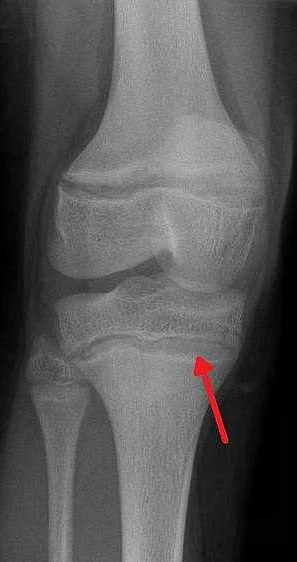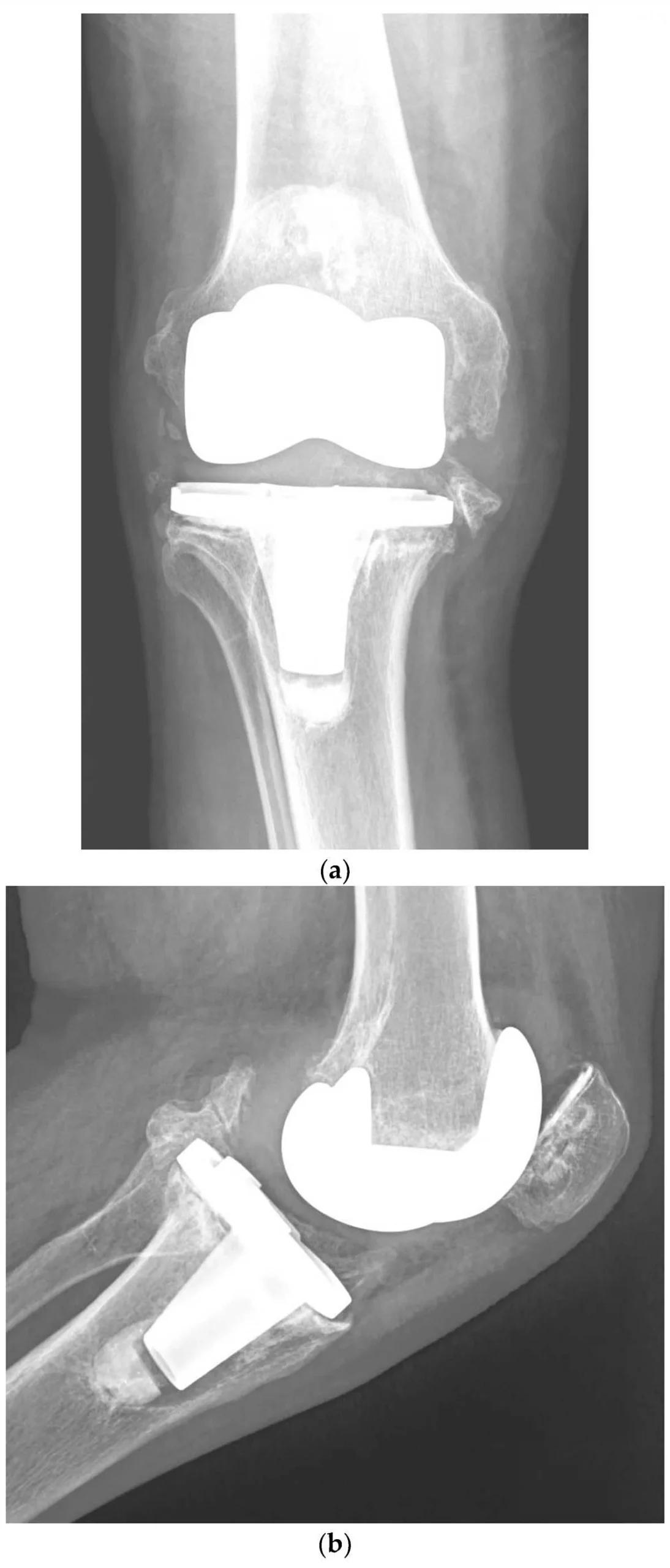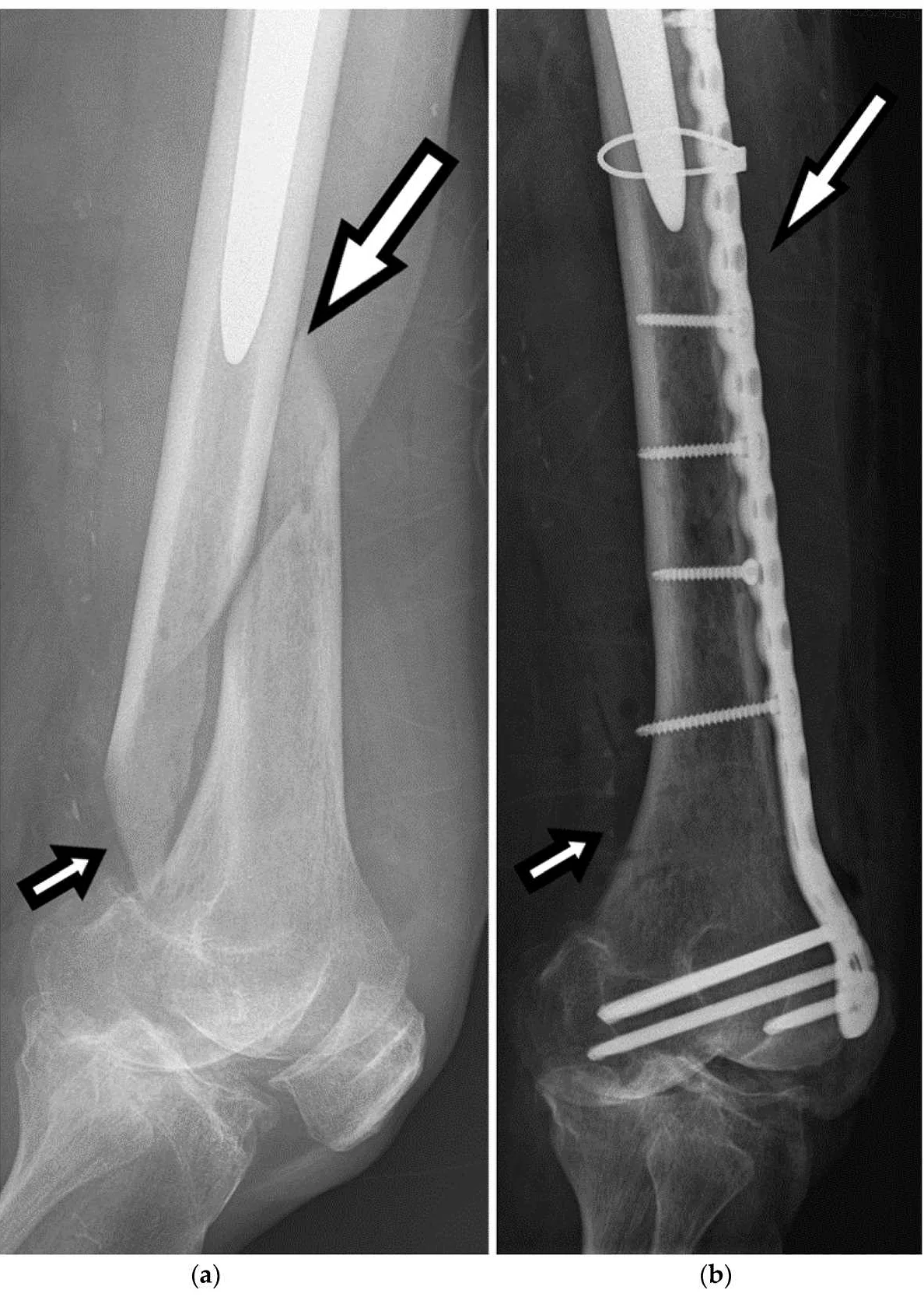Korean Scientists Discover Smoking Can Cause Disability from Simple Fractures
Содержимое
Korean scientists have discovered that smoking can significantly increase the risk of disability resulting from a simple fracture. This highlights the importance of quitting smoking for maintaining overall health and preventing long-term complications.
South Korean researchers have discovered a disturbing link between smoking and increased disability from simple fractures. The study, conducted by a team of scientists at Seoul National University, found that smokers are more likely to suffer from long-term disability following a simple fracture compared to non-smokers.
The researchers analyzed data from over 100,000 patients who had suffered from a simple fracture. They found that smokers were significantly more likely to experience complications and prolonged healing times compared to non-smokers. The study also revealed that smokers were at a higher risk of developing infections at the fracture site and requiring additional medical interventions.
These findings are particularly concerning as simple fractures are relatively common and can often be treated with minimal medical intervention. However, the study suggests that smokers may face a higher risk of experiencing long-term disability even from these seemingly minor injuries.
While the exact mechanism by which smoking increases the risk of disability from simple fractures is not yet fully understood, the researchers believe that smoking may impair the body’s natural healing processes. Smoking is known to have detrimental effects on the cardiovascular and respiratory systems, which may impede the delivery of oxygen and nutrients to the injured bone, hindering the healing process.
These findings highlight yet another reason why smoking is a serious health risk and emphasize the importance of smoking cessation programs to reduce the burden of disability associated with fractures and other bone injuries.
Smoking Increases Risk

According to a recent study conducted by Korean scientists, smoking has been found to increase the risk of disability from simple fractures. This research provides further evidence of the harmful effects of smoking on overall health and wellbeing.
The study involved analyzing data from a large population of individuals who had experienced simple fractures. It was found that smokers were significantly more likely to suffer from long-term disability as a result of these fractures, compared to non-smokers.
The exact mechanisms behind this increased risk are not yet fully understood. However, it is believed that smoking may negatively affect bone health and the healing process, making individuals more susceptible to long-term disability following a fracture.
These findings have important implications for public health efforts to reduce smoking rates and promote a smoke-free environment. By highlighting the increased risk of disability associated with smoking, healthcare professionals can further educate individuals about the dangers of smoking and motivate them to quit.
In addition to the well-known risks of smoking, such as lung cancer and cardiovascular disease, this study adds another reason for individuals to consider quitting. By quitting smoking, individuals can reduce their risk of suffering long-term disability from simple fractures and improve their overall quality of life.
of Disability from
Smoking has been found to increase the risk of disability from simple fractures, according to a study conducted by Korean scientists. The researchers analyzed data from a large population-based study and found that smokers were more likely to experience disability after a simple fracture compared to non-smokers.
The study, published in the Journal of Bone and Mineral Research, found that smokers had a higher risk of developing complications and experiencing longer recovery times after a fracture. Smoking was also associated with a higher risk of developing chronic pain and reduced functionality in the affected limb.
The researchers suggest that smoking may impair the healing process and lead to delayed bone healing. The nicotine and other harmful chemicals in cigarettes can negatively affect blood flow and oxygen delivery to the fractured area, hindering the repair process. Additionally, smoking has been shown to decrease bone density and weaken bone structure, making fractures more likely to occur and less likely to heal properly.
These findings highlight the importance of smoking cessation in preventing disability from simple fractures. Quitting smoking can not only reduce the risk of fracture itself but also improve the chances of a successful recovery. Healthcare providers should emphasize the importance of smoking cessation to patients, particularly those who have experienced a fracture. Education and support programs should be offered to help smokers quit and reduce their risk of disability and other smoking-related health complications.
Simple Fractures, Korean Scientists

The study, led by Dr. Kyung-Hyun Do from Seoul National University Hospital, analyzed data from over 100,000 individuals who had experienced a simple fracture. The researchers found that smokers had a significantly higher risk of disability compared to non-smokers. In fact, smokers were more than twice as likely to experience disability as a result of a simple fracture.
The study also found that the risk of disability from simple fractures increased with the number of cigarettes smoked per day. Heavy smokers, defined as those who smoked more than 20 cigarettes per day, had a threefold increased risk of disability compared to non-smokers.
One possible explanation for the increased risk of disability among smokers is the detrimental effect of smoking on bone health. Smoking has been shown to decrease bone density, making bones more prone to fractures. Additionally, smoking impairs bone healing, prolonging the recovery process and increasing the likelihood of long-term disability.
These findings highlight the importance of smoking cessation in preventing disability and promoting overall health. Quitting smoking not only reduces the risk of respiratory diseases and cancer, but also protects against the negative consequences of simple fractures. Dr. Do and his team hope that these findings will encourage smokers to consider the long-term effects of their habit and take steps towards quitting.
In conclusion, Korean scientists have found that smoking significantly increases the risk of disability from simple fractures. This highlights the need for smoking cessation programs and interventions to reduce the burden of disability among smokers.
Find Effects of Smoking

Smoking has long been known to have detrimental effects on health. It is a leading cause of preventable diseases and premature death worldwide. Numerous studies have shown that smoking increases the risk of developing various health conditions, including respiratory problems, heart disease, and cancer.
Recent research conducted by Korean scientists has revealed another potential effect of smoking. They found that smoking can increase the risk of disability from simple fractures. The study involved analyzing data from thousands of individuals and comparing the incidence of disability between smokers and non-smokers.
The researchers discovered that smokers had a significantly higher risk of disability from simple fractures compared to non-smokers. This finding suggests that smoking not only impacts the respiratory and cardiovascular systems but also affects bone health. The exact mechanisms behind this association are not yet fully understood, but it is believed that smoking may interfere with the body’s ability to heal fractures properly.
In addition to increasing the risk of disability from fractures, smoking has also been linked to delayed fracture healing, decreased bone density, and an increased risk of osteoporosis. These findings highlight the importance of smoking cessation and regular bone health assessments for smokers.
Given the significant health risks associated with smoking, it is essential for individuals to prioritize quitting smoking and seek support if needed. Quitting smoking can improve overall health and reduce the risk of disability and other smoking-related complications.
on Disability from Simple

Smoking has long been linked to a variety of health problems, and a new study from Korean scientists has found yet another reason to kick the habit. The study, which was published in the Journal of Bone and Mineral Research, revealed that smoking significantly increases the risk of disability from simple fractures.
Simple fractures are typically the result of a single, traumatic incident, such as a fall or collision. These fractures are common in people of all ages, but the study found that smokers are much more likely to experience long-term disability as a result of these fractures.
The researchers analyzed data from over 4,000 individuals who had experienced a simple fracture. They found that smokers were 30% more likely to develop long-term disability compared to non-smokers. This increased risk was seen even after controlling for other factors such as age, sex, body mass index, and alcohol consumption.
Smoking is known to negatively impact bone health by reducing bone density and impairing bone healing. This can lead to delayed healing and increased risk of complications following a fracture. In addition, smoking has been shown to have detrimental effects on the cardiovascular and respiratory systems, which can further contribute to disability.
These findings highlight the importance of smoking cessation in preventing disability from simple fractures. Quitting smoking can help improve bone health and reduce the risk of complications following a fracture. It is never too late to quit smoking and every effort should be made to support individuals in their journey towards a smoke-free life.